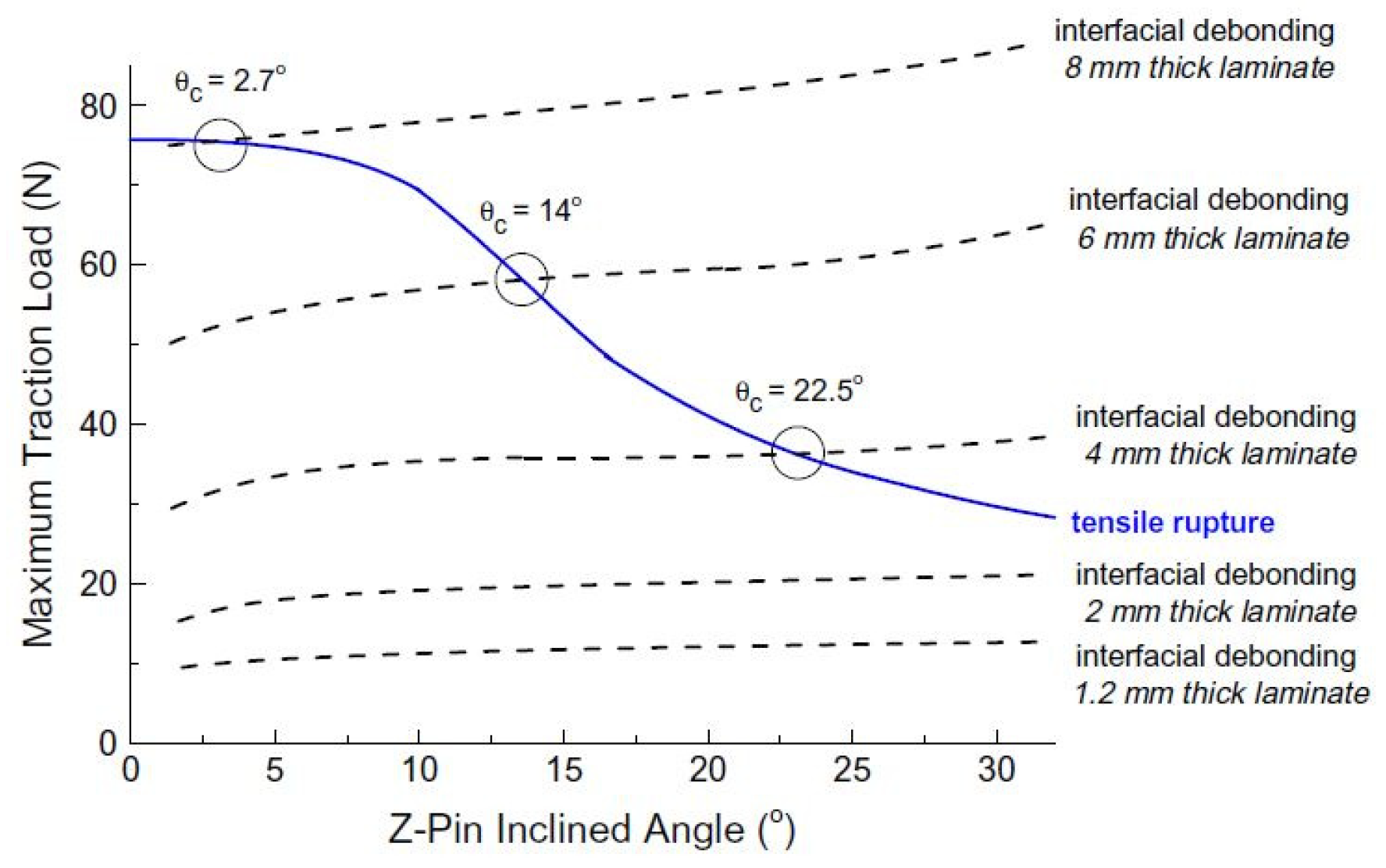7 a global local third order hermitian displacement field with damaged interfaces and transverse extensibility.
Three dimensional effective elastic constants for thick laminates.
Three dimensional effective elastic constants for thick laminates sun c.
A method based on laminate theory is presented for estimating three dimensional effective elastic moduli of multidirectional filament wound fibre reinforced composite thin wall tube with lining.
Three dimensional effective moduli are used in the analysis of thick laminates consisting of a large number of identical sublaminates.
Equivalent homogeneous anisotropic solids are used to represent thick laminates con sisting of large numbers of a repeating sublaminate.
The effective thermo elastic properties of three dimensional laminates with ply cracks were formulated with the help of the three dimensional laminate theory to determine the thermo elastic properties of laminate utilizing the three dimensional laminate theory two stage coordinate conversion is applied to the effective compliance and the thermal expansion coefficient of the k th ply k.
Journal of composite materials.
An analytical three dimensional effective elastic constant of transversely isotropic plates that include ply cracks is proposed using a continuum damage mechanics approach.
The effective elastic moduli of glass fibre wound tube with lining are calculated.
In contrast with finite element analysis effective elastic moduli estimated by this method are accurate.
This paper presents an analytical micromechanics model for predicting the three dimensional effective elastic properties of multidirectional composite laminates with ply wrinkle defects.
Three dimensional effective elastic constants for thick laminates.
A representative volume element rve was chosen for analysis and the geometry of wavy plies in the wrinkled laminates was described by sinusoidal functions.
Three dimensional modelling of elastic bonding in composite laminates using layerwise differential quadrature international journal of solids and structures vol.
The typical sublaminate is used for studying its load deformation behavior from which the effective elastic constants are derived from.
The typical sublaminate is used for studying its load deformation behavior from which the effective elastic constants are derived from the constituent lamina properties.
A global local method is developed in which the effective modulus theory is used to model the thick laminate except for the local region where accurate stresses are desired.






















